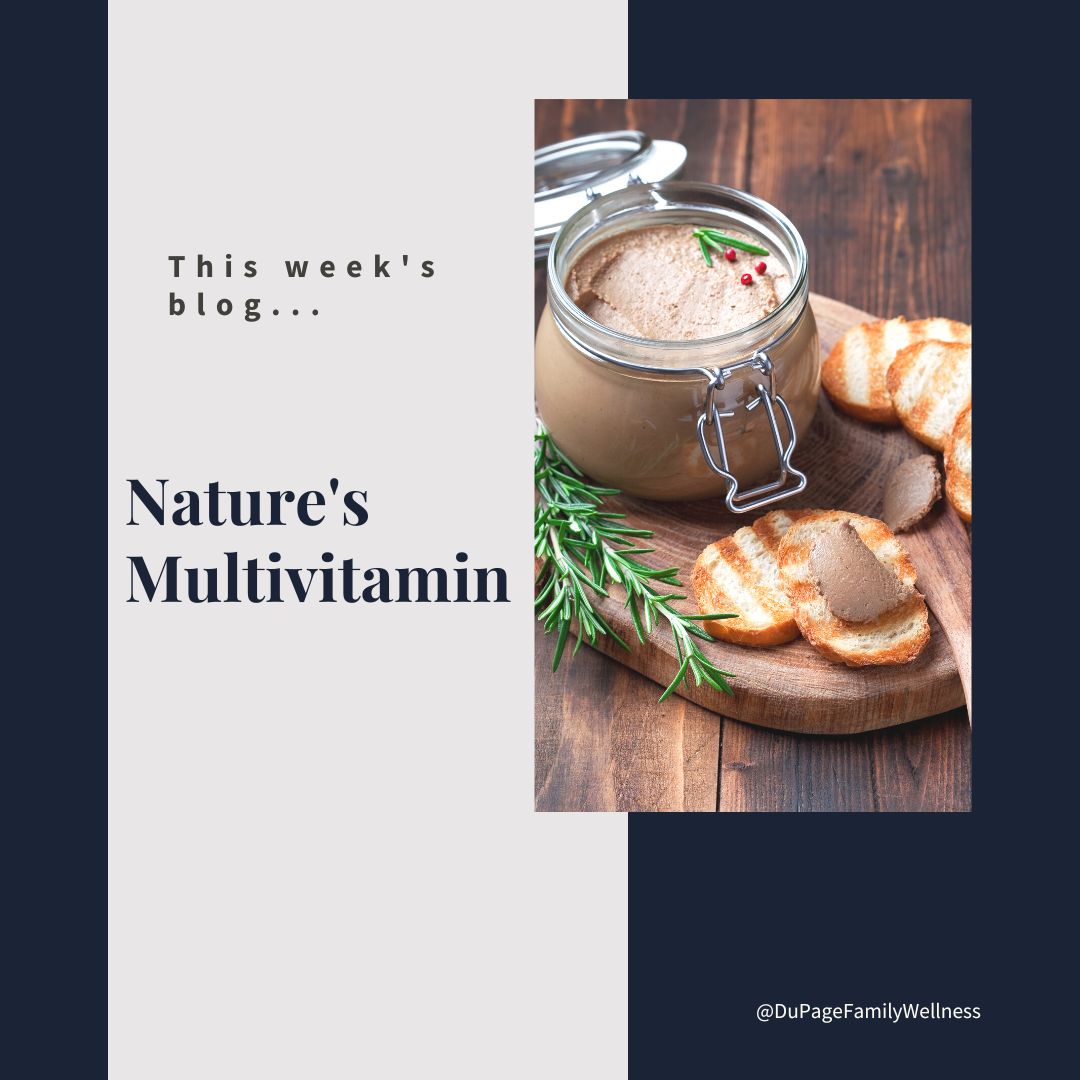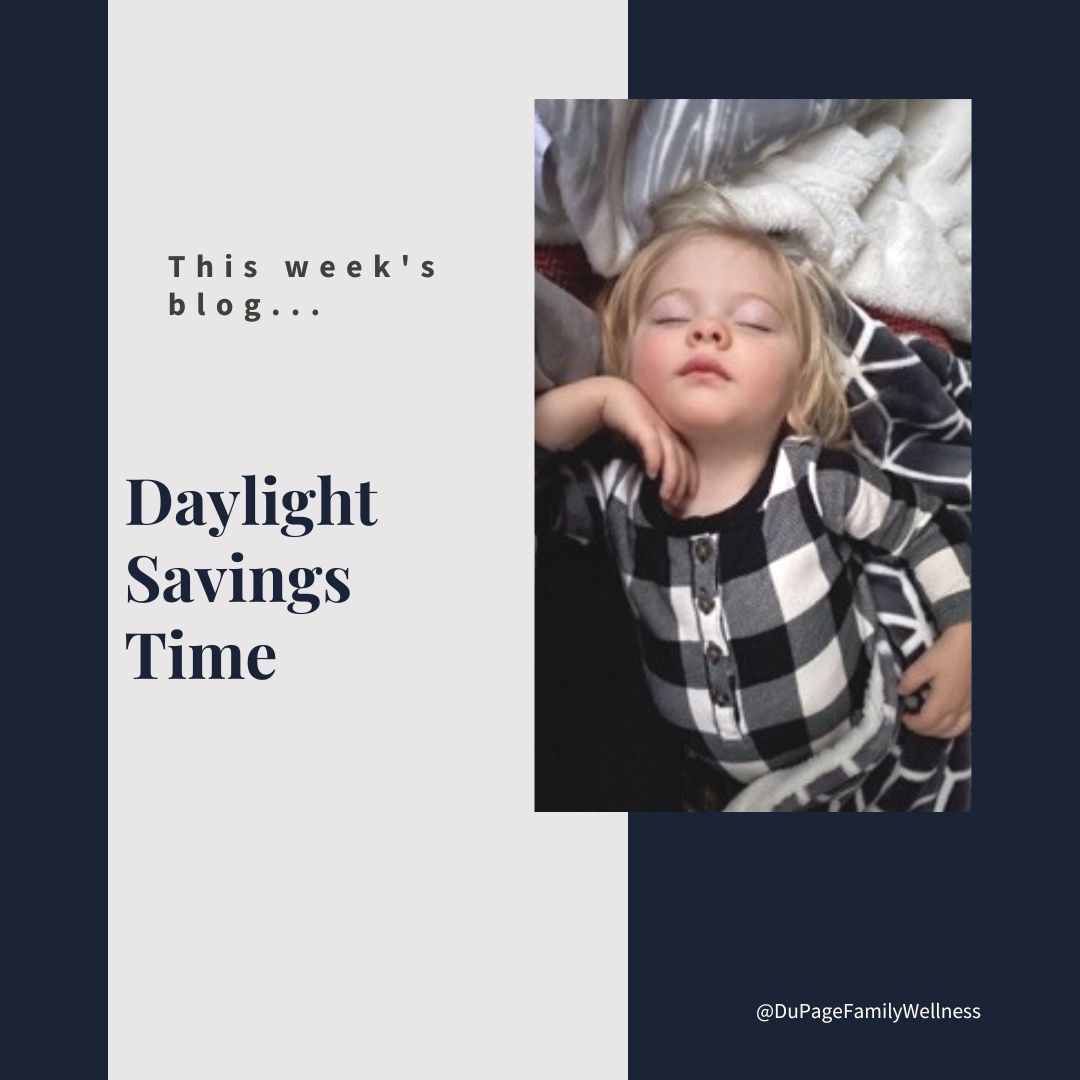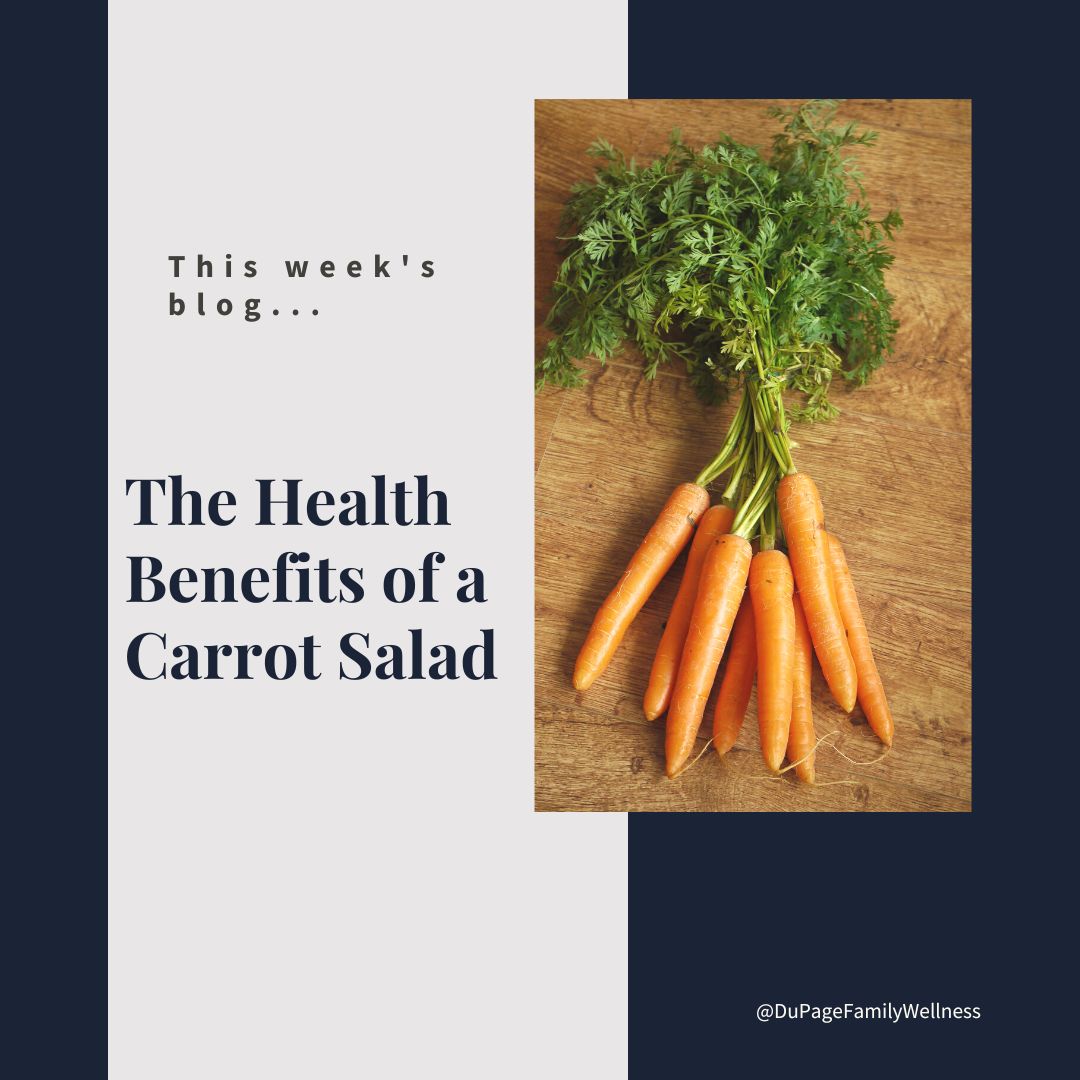 Are you wanting to create a Thanksgiving menu with all real, unprocessed, nourishing food but wonder if it will taste good? It is absolutely possible to make a great meal using healthy whole foods.
Are you wanting to create a Thanksgiving menu with all real, unprocessed, nourishing food but wonder if it will taste good? It is absolutely possible to make a great meal using healthy whole foods.
If you are unsure how to create your menu, here are several variations of the typical Thanksgiving fare that include only unprocessed real food ingredients!
If you aren't quite ready to switch all your recipes over that's okay, start with one or two. I think once you see how tasty these recipes are, you will be inspired to try some more in the following years.
You may be surprised that when you use these recipes you actually feel good after feasting, instead of the standard post thanksgiving lethargy. Enjoy!
The Bird:
Easy Roasted Turkey with Sage Butter
Butterflied Turkey Recipe (with tutorial)
Stuffing:
Sausage, Apple and Cranberry Stuffing
Paleo Comfort Foods - Stuffing
Green Bean Casserole:
Paleo Green Bean Casserole
Sweet Potato Casserole:
Sweet Potato Casserole
Roasted Garlic and Butternut Squash Mash
Cranberries:
3 Ingredient Cranberry Sauce
Other Sides:
Roasted Brussel Sprouts with Bacon
Beautiful Brussels Sprouts (with onion and squash)
Butternut Squash Risotto
Cauliflower "Mashed Potatoes"
Desserts:
Pumpkin Bars
Pumpkin Pie
We'd love to hear about your favorite Thanksgiving recipes that use real unprocessed ingredients. Please share recipes and photos on our Facebook page. Let us know how it went for you.
This blog was originally put together by Dr. Jamie's sister Joelle Kurczodyna. She has completed her certification in Nutritional Therapy (NTP), is a mom of 3 kids, and has a wonderful homestead with 2 cows, more than 20 chickens, and grows lots of vegetables! To learn more about the awesome things she and her family are up to, follow her on Instagram at @fromscratchfarmstead.
Dr. Jamie and Joelle Kurczodyna
 Are you taking a good quality multivitamin to get all the nutrients you need? If so, you may be surprised to find out that I’m NOT a fan of multivitamins.
Are you taking a good quality multivitamin to get all the nutrients you need? If so, you may be surprised to find out that I’m NOT a fan of multivitamins.
I’m sure this isn’t what you expected to hear. It is contrary to the common belief; it is even contrary to what I used to believe.
There are some real concerns with multivitamins. Many are ineffective, but they could actually be doing more harm than good.
So, what are you supposed to do to get the nutrients that might be missing in your diet? Let’s take some time to explore this issue and find a better alternative.
Concerns with Multivitamins
Here are a few of my grievances with synthetic multivitamins.
- Nutrients in multivitamins are often in a form that our bodies can't use at all, can't use well, or don't act the same way in your body as they would in their natural form.
- Nutrients are not balanced properly so they can not work together in the synergistic way they were intended.
- Some nutrient levels are actually too high. More is not always better as this can leave our bodies with more to process and deal with unnecessarily.
- Some nutrient levels are too low, leaving the body still depleted.
Why Balance is so important
Nutrients are affected by other nutrients. Here are just a few examples:
- Supplementing with Zinc can deplete copper
- Too much Ascorbic Acid (the common supplemental form of Vitamin C) can lead our bodies to dump Copper
- Too much vitamin D supplementation can drive down our Retinol (Active Vitamin A)
- Too much Calcium supplementation can drive down Magnesium
Bottom line, if you are getting too much of a nutrient, it can change the levels of other nutrients. Nutrients work together (which is how they are also found in nutrient dense food!)
What should you take instead?
So, if taking a multivitamin is off the table, what should you do instead? Let’s look to nature because it knows how the body was designed and what it needs to thrive. Beef liver acts like nature's multi-vitamin! It is rich in SO MANY real food forms of vitamins and minerals that are easy for your body to absorb.
Read more ...
 It’s that time of year again. Daylight savings time is ending, and we will be rolling the clocks back this weekend. Many people are glad that they will enjoy an extra hour in their evening, while others look forward to an extra hour of sleep.
It’s that time of year again. Daylight savings time is ending, and we will be rolling the clocks back this weekend. Many people are glad that they will enjoy an extra hour in their evening, while others look forward to an extra hour of sleep.
However, some people are not so excited about the change. For parents of little ones and those with a strong circadian rhythm, this change can be a challenge. Our bodies (and little ones) do not automatically align with the clock, especially when it is artificially changed.
If you are someone who struggles with the time change or your body simply needs to reset its circadian rhythm, there is one important piece of research-based advice I have for you. It has nothing to do with your evening and everything to do with your morning.
Let’s explore the most important thing you can do to get your sleep back on track.
Circadian Rhythm
According to the National Institute of General Medical Sciences (NIGMS), “Circadian rhythms are physical, mental, and behavioral changes that follow a 24-hour cycle. These natural processes respond primarily to light and dark and affect most living things, including animals, plants, and microbes.”
Simply speaking, it is the cycle your body goes through in 24 hours. This cycle is influenced by many things, but nothing affects it more than exposure to light and darkness. You may be thinking about light in the evening keeping you up; we all have heard to limit blue light before bed. This is an important aspect, but it’s not the most important.
You may be surprised to hear that morning sunlight is the most important factor in setting your circadian rhythm. Getting outside first thing in the morning can have a profound effect on your circadian rhythm, but it can be tricky in climates that don’t provide bright sunlight year-round.
How to Get Light
Some people are lucky to live in areas that get plenty of sunshine year-round. This isn’t true for everyone, but if you are one of the lucky ones take advantage of it. Go outside and let the sunshine on you.
In Chicago, the weather has been pretty nice lately, but soon we may have to bundle up to do this. Eventually, the sun will become less pronounced, and we may have to find other ways to get that bright light in the morning.
One way to do this is by using a light machine. It won’t give you all the health benefits, but it is a good alternative when necessary.
Read more ...
 It's time to dress up and enjoy a spooky evening! While we want to enjoy the holiday, we don’t want to regret our choices afterward.
It's time to dress up and enjoy a spooky evening! While we want to enjoy the holiday, we don’t want to regret our choices afterward.
Halloween is the day of the year most known for excessive candy intake. In fact, 35 million pounds of candy are consumed on Halloween. Children on average consume a whopping 3.4 lbs. of candy in that one day.
With candy everywhere, what are we to do? With a few tricks, you can enjoy some treats without falling prey to too much sugar. You might not be able to follow all of these tips, but implementing a few of them might keep you from going candy crazy!
Lunch, & Dinner
Make sure to eat a good healthy lunch and dinner so you are full and satisfied! There’s a common practice among people who want to indulge on a special occasion. It involves eating less throughout the day, so you save your calories for the event. This is the worst thing you can do on Halloween!
If you are passing out candy or trick-or-treating on an empty stomach you will likely end up eating way more candy than you would if you nourish your body all day. It is also important to eat healthy meals because you need protein to balance out the candy and help regulate your blood sugar.
Read the Ingredients
When choosing a sweet treat, look at the ingredient list. If the list is long or if it contains a lot of words you don’t understand, you may want to think twice. Reading ingredients such as high fructose corn syrup, food coloring, and hydrogenated oils reminds me that it is NOT REAL FOOD after all.
A colleague told me that when they see poor ingredients in processed food (i.e. a Snickers Bar), they view it more like an object (i.e. their spiral notebook) rather than food. I don't know if I am quite there yet, but I'm working on it.
Rethink Handing out Candy
Now, I don’t want you to be known as the grinch house that passes out toothbrushes, but consider passing out something besides candy at your house. Get creative and you could even become one of the coolest houses on the block.
I remember one of my favorite houses to trick or treat at growing up had a jar of foreign coins. The top of the jar was small, but you were allowed to take anything you could grab between your fingers. Small hands could grab more than big hands. It was fun to see the foreign currency and figure out what country it was from.
Read more ...
 I am not one to promote quick fixes or miracle cures. If you know me at all, you know that I am all about helping people to eat more real and nutrient-dense foods.... however, there have been 2 things that I have implemented this year that I feel have made a huge impact on my health. One of these is the Carrot Salad.
I am not one to promote quick fixes or miracle cures. If you know me at all, you know that I am all about helping people to eat more real and nutrient-dense foods.... however, there have been 2 things that I have implemented this year that I feel have made a huge impact on my health. One of these is the Carrot Salad.
I am going to tell you something that is probably way too much information for some of you, but for me, the combination of the adrenal cocktail plus the carrot salad is the one thing that helped me move from more constipation to much better BMs.
Did you know that carrots can have a huge impact on your health? It’s true! In fact, many people eat a carrot salad every day for the health benefits.
According to Dr. Ray Peat, who has a Ph.D. in Biology from the University of Oregon, the fibers in raw carrots clean the intestine and improve your gut health. You may think this to mean carrots are like any other fiber that is good for your digestion, but it’s so much more complex.
Let’s take a look at the full impact a daily intake of carrots can make on your health and find out some delicious ways to incorporate them into your diet.
What Does it Help?
The three main things that Peat recommends eating raw carrots daily for are digestive health, thyroid function, and hormonal balance. While these conditions may seem pretty isolated and specific, difficulty in any of them can lead to all kinds of serious health problems.
He admits that “it might sound stupid to recommend raw carrots for severe health problems, such as chronic inflammation, liver problems, and hormonal imbalances.” However, when you understand the connection between the gut and the overall health of the body, it begins to make sense.
Let’s look at the Gut
Gut health affects more than just the digestive system in your body. The immune, neurological, and cardiovascular systems are all impacted by your gut.
- Immune system - Many people believe that 70% of your immune system lives in your gut and that having an appropriate balance of bacteria is crucial for your immune system to function properly. An overgrowth of bacteria or fungus can disrupt the balance in the gut leading to a depressed immune response.
- Brain - Your gut also impacts your brain in a direct way. Imbalances in the gut can lead to anxiety and depression. In the same way, stress can lead to gut troubles. If you question the connection, just think about the butterflies people get when they are excited or nervous. The brain and gut work together and impact each other in many ways.
- Heart - Gut health even affects your heart. According to Women’s Health Arizona, “certain types of gut bacteria convert the nutrient, choline, into a problematic substance called trimethylamine N-oxide (TMAO, for short). Unfortunately, elevated levels of TMAO can contribute to a higher risk of stroke, blood clots, and other conditions.”
Read more ...
 Are you wanting to create a Thanksgiving menu with all real, unprocessed, nourishing food but wonder if it will taste good? It is absolutely possible to make a great meal using healthy whole foods.
Are you wanting to create a Thanksgiving menu with all real, unprocessed, nourishing food but wonder if it will taste good? It is absolutely possible to make a great meal using healthy whole foods. 

 Are you taking a good quality multivitamin to get all the nutrients you need? If so, you may be surprised to find out that I’m NOT a fan of multivitamins.
Are you taking a good quality multivitamin to get all the nutrients you need? If so, you may be surprised to find out that I’m NOT a fan of multivitamins. It’s that time of year again. Daylight savings time is ending, and we will be rolling the clocks back this weekend. Many people are glad that they will enjoy an extra hour in their evening, while others look forward to an extra hour of sleep.
It’s that time of year again. Daylight savings time is ending, and we will be rolling the clocks back this weekend. Many people are glad that they will enjoy an extra hour in their evening, while others look forward to an extra hour of sleep. It's time to dress up and enjoy a spooky evening! While we want to enjoy the holiday, we don’t want to regret our choices afterward.
It's time to dress up and enjoy a spooky evening! While we want to enjoy the holiday, we don’t want to regret our choices afterward. I am not one to promote quick fixes or miracle cures. If you know me at all, you know that I am all about helping people to eat more real and nutrient-dense foods.... however, there have been 2 things that I have implemented this year that I feel have made a huge impact on my health. One of these is the Carrot Salad.
I am not one to promote quick fixes or miracle cures. If you know me at all, you know that I am all about helping people to eat more real and nutrient-dense foods.... however, there have been 2 things that I have implemented this year that I feel have made a huge impact on my health. One of these is the Carrot Salad.